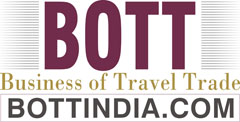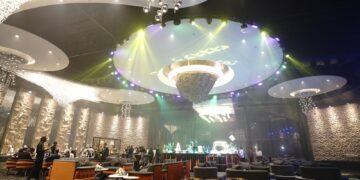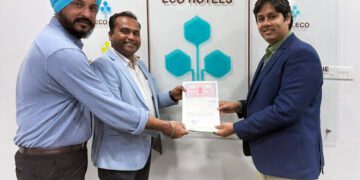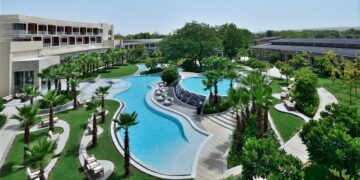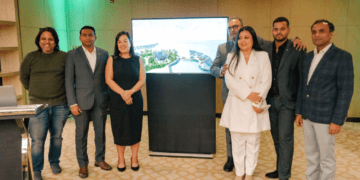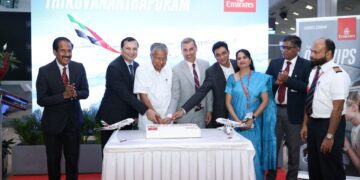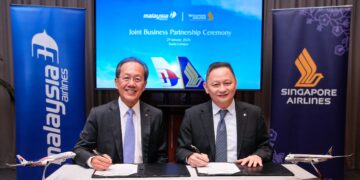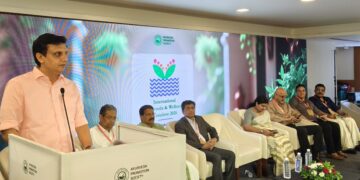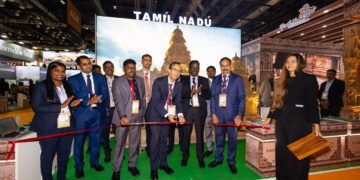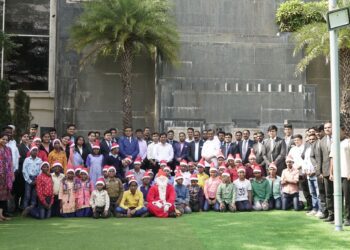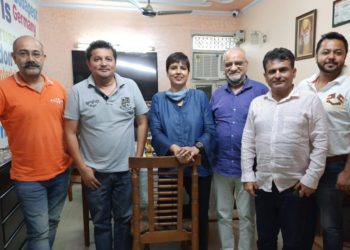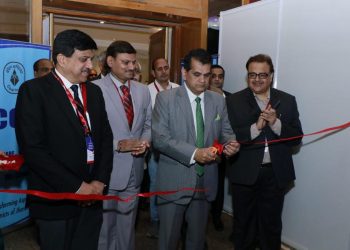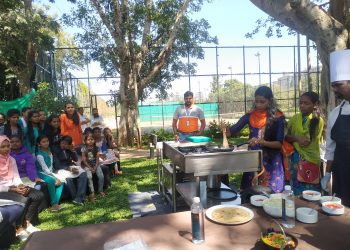Lemon Tree Hotels is a brand that strongly believes in earning more than ‘just profit’ and is aiming its brand to become truly Indian and a trusted one. In order to do so, it has focused its efforts in creating a socially inclusive work environment, which seeks to bring in people of different backgrounds, abilities and ethnicities and offer them work as a unified team with a common goal. Here’s a detailed look at the humanitarian side of this hotel chain.
Fresh, spirited and youthful, the Lemon Tree Hotel Company (LTH) is an Indian hotel chain of midmarket business and leisure hotels, which was founded in September 2002 and currently owns and operates 40 hotels in 24 cities with 4300 rooms and 4500 employees with venture capital participation from the US based PE firm – Warburg Pincus, the Dutch Pension Fund Manager – APG and the Japanese financial institution – Shinsei Bank.
The hotel chain strongly believes that persons with disabilities (which can be physical, social or economic disabilities leading to an opportunity deprivation) must be provided the same opportunities as others in order to realise their full potential and live with dignity. Lemon Tree has defined the goal as mainstreaming ‘Opportunity Deprived Indians’ i.e. ODIs into its workforce. ODIs include:
Employees with Disability (EwD):
- Physical Disability
- Speech and Hearing Impaired (SHI)
- Orthopedically Handicapped (OH)
- Acid Survivors (AS)
- Visually Impaired (VI)
- Low Vision (LV)
- Intellectual Disability
- Down Syndrome
- Autism
People from Economically / Socially (EcoSoc) weak segment:
- Below Poverty Line (BPL) individuals
- Widowed or abandoned/battered/destitute/divorced women
- Orphans/abandoned girls
- Individuals from economically weak families
- People from not so advanced states, such as those from North Eastern States, Bihar, Jharkhand, Chhattisgarh, Orissa, tribal/interior areas of any state, etc
Lemon Tree has developed a structured process to induct people with disabilities and those with an economic/social disadvantage into its entire chain of hotels pan India. The company’s efforts to make this initiative successful include:
Assigning EwD to guest contact areas
In the early stages, the hotel inducted EwD only in back-end roles such as Kitchen Stewarding and Housekeeping, where direct guest-interaction was minimal. Also the focus was only on SHI employees. This gave the hotel an opportunity to develop standard operating procedures and training modules in an iterative manner. Subsequently they extended this initiative to guest contact areas such as the restaurants. Here, interaction with guests is an integral part of the job role. The hotel then re-engineered the relevant service process to enable EwD to interact with guests. The company also engaged with people with orthopaedic impairment where their disability did not come in the way of their job performance. They have now done four trials with Down Syndrome in Delhi/NCR at the coffee shop. “Now that we have built sufficient learning and experience from this exercise, we will hire such candidates across other hotels in the group and slowly ramp up to a national scale. Autism trials have started too and the learnings are being assimilated,” says the spokesperson.
Key processes and elements of the program
The service process flow required innovative ideas such as EwD cards, a card (sample below) introducing the employee and how best he/she can serve the guest which helps in setting expectations and sensitising the guest. The hotel introduced numbered menu items, which simplified the most difficult part of the process and made it easy for a guest to place an order. These processes helped make the engagement a very positive one, for both guest and EwD.
“We have also brought in a few workplace policies that are part of this initiative. For instance, we have provided whistles to all EwD that can be used at a time of emergency (fire, etc.) to attract attention and get help. Though most of our employees are now adequately conversant in the Indian Sign Language, we frequently engage experts to help us with one-on-one chats with EwD, so that we are able to give them a fair hearing, as and when required. At the time of recruitment, we also try to employ EwD who live close to our hotels since commuting long distances can be very inconvenient,” adds the spokesperson.
Training and Sensitising
A program of this nature requires sensitisation of the entire team and brings its own share of challenges. However, the hotel has been able to implement a comprehensive program pan India that is functioning well. They have successfully conducted sensitivity training for all employees on board, including new hires every month. This was led by external experts whose forte is Indian Sign Language (ISL) and who have worked closely with SHIs. This has since become an integral part of the system and employees now welcome their differently-abled colleagues. The hotel has recently implemented an intensive refresher program called ‘Expressions’ where all key stakeholders in the hotels and at the Corporate Office are being re-trained to use ISL with our SHI colleagues.
This sort of commitment also requires substantial investments in training and refresher modules to keep their skill and knowledge levels up to standard since EwD are vulnerable to being left behind over time. The training formats need to be customised to their needs and the course material cum delivery systems need to be in tune with the specific requirements of such employees. Interestingly, it has been found that the differently-abled to be diligent learners and as, if not more, competent as others provided they are trained appropriately.
An example of specialised training material/delivery system is the creation and implementation of a visual aid (video/film). For all processes in housekeeping and food and beverage service, training modules that were written for employees have been enhanced with the use of ISL in the video. This has helped increase the understanding of tasks greatly and is leading to greater productivity.
A Government directive to all government bodies/PSUs is to earmark 3 per cent of the staff strength for disabled people. Lemon Tree Hotel has set its own internal benchmark at targeting 20 per cent.
Tribal Art
Lemon Tree Hotels is the largest buyer nationally of tribal art from Bastar, Madhya Pradesh. This enables the group to support poor tribal craftsmen in this region and allows the chain to showcase their art extensively across its hotels.
Giving back to the society
LTH supports and partners these NGOs and societies:
Goonj – which provides clothes and utensils to the impoverished
Suniye – that runs a school for speech and hearing impaired children from economically weaker sections of society. It provides extensive life skills support to these children
Akshaya Patra – whose focus is to eliminate hunger in the city. It regularly provides a free meal to approximately 2000 destitute people in Delhi, across the city
Muskaan – which provides comprehensive education, vocational training and work opportunities to young people, who are intellectually challenged
Ramanujan Society – where LTH has donated gifts to students for successfully clearing the IIT entrance exam.
Art objects through people for animals
LTH is a large supporter of art objects promoted by People for Animals. This money helps support the initiatives undertaken by PFA for the welfare and care of animals across India
